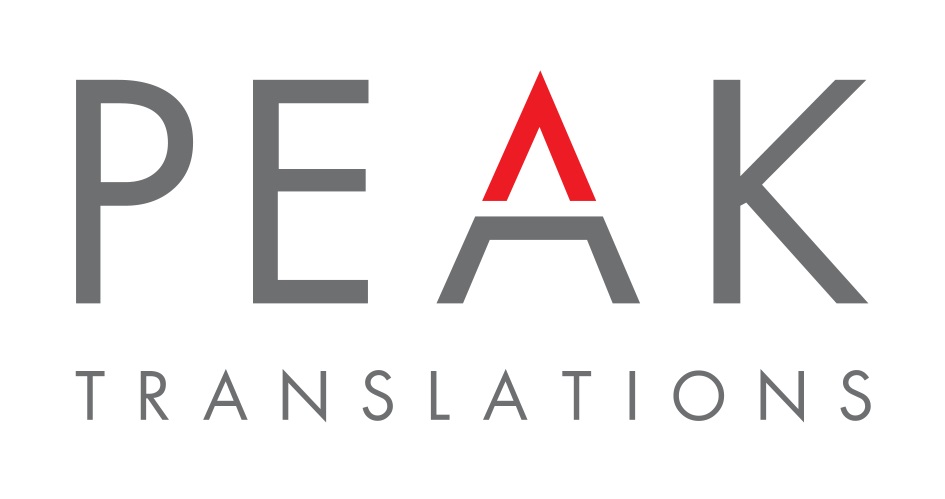In an increasingly interconnected global economy, the role of exporting has taken on monumental significance, especially for industries that thrive on innovation and precision engineering, such as machinery manufacturing. For the United Kingdom’s machinery manufacturers, tapping into international markets isn’t just an opportunity – it’s a necessity for growth and sustainability. Central to this endeavour is compliance with the EU Machinery Directive, a critical aspect that ensures both safety and effective communication across linguistic borders. In this blog, we delve into the importance of exporting for UK machinery manufacturers and shed light on the crucial role of compliance with the EU Machinery Directive, with a particular focus on translation.
Expanding Horizons: The Importance of Exporting
The United Kingdom has a longstanding reputation for engineering excellence and innovation. From manufacturing heavy machinery to cutting-edge technological equipment, the UK’s machinery sector boasts products that are renowned worldwide for their quality and precision. However, the domestic market alone is often not sufficient to fuel growth and sustain businesses in the long term. This is where exporting steps in as a game-changer.
- Diversification and Resilience: Relying solely on domestic demand exposes manufacturers to economic fluctuations within the country. By exporting, companies can diversify their revenue streams, ensuring a more stable financial footing.
- Access to New Markets: Exporting allows UK machinery manufacturers to tap into vast global markets, opening doors to regions with growing industrial sectors and infrastructure projects.
- Scaling Production: Increased demand from international markets often requires ramping up production, which in turn can lead to economies of scale, reducing production costs and enhancing overall competitiveness.
- Innovation Acceleration: Exposure to different markets often leads to insights that drive innovation. Adapting products to meet international standards and preferences can foster creative thinking and new product developments.
Navigating Compliance: The EU Machinery Directive
For UK machinery manufacturers, exporting to the European Union has been historically facilitated by adhering to the EU Machinery Directive. This directive outlines the essential health and safety requirements for machinery placed on the market within the EU and the European Economic Area (EEA). While the UK’s formal exit from the EU has introduced some changes, the directive remains a crucial benchmark for manufacturers.
The Role of Translation in Compliance
One often underestimated aspect of compliance with the EU Machinery Directive is the importance of accurate translation. Manufacturers must provide documentation, manuals, labels, and warnings in the language of the destination country. This ensures that users and operators fully understand the machinery’s functions, proper usage, and safety protocols. Inaccurate or poorly translated content can lead to confusion, increased risk of accidents, and potential legal ramifications.
For UK machinery manufacturers, partnering with professional translation services is not just a matter of linguistic accuracy – it’s a strategic move to ensure the safety of end-users and the reputation of the brand. Here’s why:
- Precision Matters: Technical terminology in machinery manuals requires precise translation to ensure accurate communication of critical safety information.
- Legal Compliance: Regulatory bodies require that all safety information be accessible in the local language. Failure to comply could result in legal penalties and damaged reputation.
- Cultural Sensitivity: Translation isn’t just about words; it’s about understanding cultural nuances. A professional translation service can ensure that translated content is culturally sensitive and relevant.
- User Confidence: Well-translated content instils confidence in end-users, as they can operate the machinery safely and efficiently.
In conclusion, the world of machinery manufacturing is both dynamic and competitive, and the UK’s manufacturers need to look beyond domestic markets for growth. Exporting provides a strategic avenue for expansion, but this journey must be guided by adherence to international safety standards. Compliance with the EU Machinery Directive is paramount, with accurate translation being a linchpin in ensuring safety and effective communication. As the global economy continues to evolve, embracing exporting and investing in quality translation are non-negotiable steps for UK machinery manufacturers aiming to thrive on the world stage.



